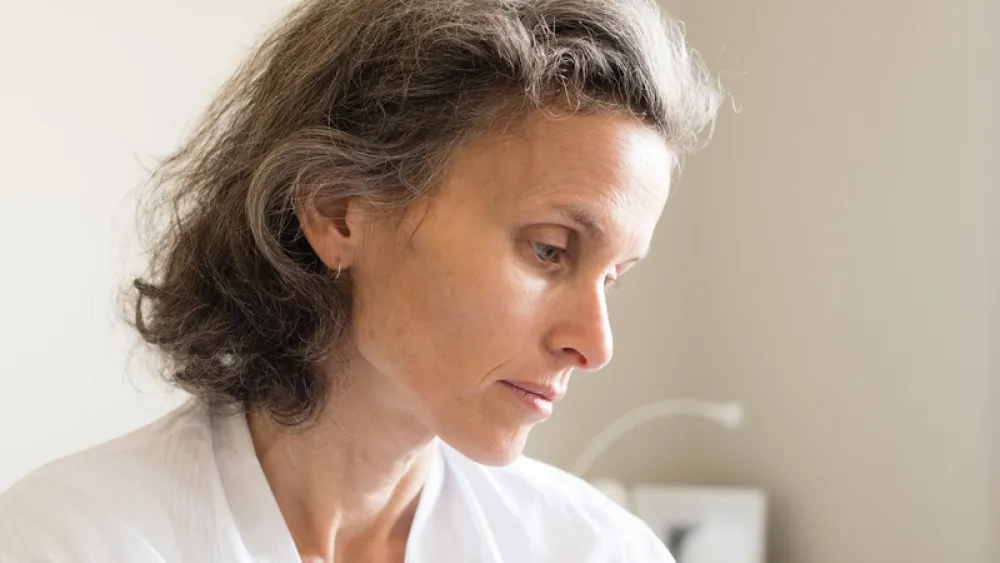




Women's Health
Surviving the Symptoms of Menopause


The time is coming
Most women know that one day they’re going to experience menopause. But knowing just what it means for your body, how it will change, and how you will feel leaves many women with a lot of questions. I answer many of those questions at our Methodist Physicians Clinic Menopause Clinic.
Menopause is a time in a woman's life when she will stop having periods and the ability to have a baby. It happens naturally any time between the ages of 45 and 55, but it’s not an overnight process.
Symptoms of menopause
Menopause is a transition, not just a point in time. Many times during this transition women start to experience symptoms which can include:
- Irregular periods
- Hot flashes
- Night sweats
- Insomnia/trouble sleeping
- Moodiness
- Fatigue
- Low libido and vaginal dryness
- Weight gain
- Forgetfulness
Hormone therapy
Today’s woman will spend a third of her life in menopause, but the transition phase is when symptoms emerge. Many look for ways to ease their symptoms, both naturally and with prescription hormone therapy.
"In my practice, about 30 to 50 percent of women take some sort of hormone therapy. We are most interested in treatments scientifically proven to work and backed by the FDA, but women really need to weigh the pros and cons of beginning any sort of hormone treatment."
Dr. Thomas Martin
Methodist Physicians Clinic OB/GYN
That includes bioidentical hormones. While often touted as a “natural” treatment for the symptoms of menopause, bioidentical hormones are not FDA-approved or proven to work. They’re made by compounding pharmacies who are not regulated, and when there’s no regulation you don’t really know how pure the stuff you are getting is. I’m not totally against bio-identical hormones but there is no scientific evidence that it’s safer than any other kind of therapy.
Making lifestyle changes
Sometimes the best treatment begins with a look at lifestyle changes that can help you better manage your health. A focus on healthy, nutritious foods and adding exercise to your daily routine can go a long way in helping to balance the fluctuating hormones and the ongoing see-sawing symptoms.
Even if you’re on hormones, we still really encourage eating right and getting plenty of exercise. Exercise is a great way to battle ongoing fatigue and healthy eating can be a really important part of feeling good through menopause.
If you are experiencing the effects of menopause, or want to know if what you are experiencing could be menopause, it’s important to start a conversation with a Methodist Physicians Clinic Menopause Clinic physician or a health care provider comfortable with treating menopause.

